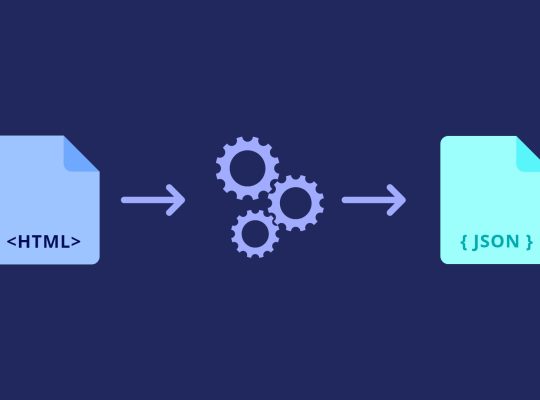When it comes to securing interviews, the Key Skills section of your CV is not a decorative extra — it’s a strategic weapon. It’s the first place Applicant Tracking Systems (ATS) and hiring managers scan to validate your suitability for a role. The problem? Most candidates build skills sections that are generic, inconsistent, or misaligned with the market they’re applying into.
This is where AI delivers measurable value.
1. AI Removes Guesswork in Keyword Targeting
AI tools can scan live job boards, industry postings, and competitor profiles to identify the exact keywords being prioritised by employers in your location. Instead of relying on vague skills like “teamwork” or “communication,” AI generates targeted, role-specific terms that ATS systems are actively searching for.
Example (UK Midlands):
Job postings for Finance Directors highlight skills such as Cash Flow Forecasting, IFRS Reporting, Treasury Management, and ERP Transformation. Without AI-driven keyword analysis, candidates risk omitting these critical capabilities.
2. AI Localises Your Profile to Employer Demand
Markets vary. The same role title can demand very different skill emphases depending on geography. AI identifies regional hiring trends to ensure your CV speaks directly to employers where you are.
Example (Vale of Belvoir & East Midlands):
- Manufacturing & Engineering roles: demand skills like Lean Six Sigma, Supply Chain Optimisation, Digital Twin Technologies.
- Financial & Compliance roles: prioritise AML, Regulatory Reporting, Risk Assurance.
- Tech & Digital roles: favour Agile Delivery, Cloud Migration, Data Visualisation.
By aligning to local demand, your CV stands out in a crowded field.
3. AI Future-Proofs Your CV
Job markets evolve quickly. AI enables you to stay ahead by continuously analysing job data, ensuring your skills matrix reflects not just today’s requirements, but emerging skills employers will need tomorrow.
For instance:
- AI governance and risk skills are now appearing across academic, corporate, and financial services roles.
- Data literacy and digital transformation terms (e.g., Power BI, Process Automation, UX Design) are increasingly required outside traditional IT.
4. AI Creates Professional Consistency
AI eliminates sloppy repetition and ensures each skill is presented in a clean, 3–4 word format, optimised for both readability and scanning software. The result: a skills matrix that looks professional, structured, and senior-level.
Before: “Good at presenting to senior people, teamwork, Excel skills, compliance knowledge.”
After (AI-aligned):
- Board Reporting & Governance
- Stakeholder Engagement
- Data Visualisation & Analytics
- Regulatory Compliance
5. AI Turns Skills Into Interview Opportunities
When your CV skills mirror the exact language in a job posting, you’re not just passing ATS checks — you’re getting interviews. Hiring managers see immediate alignment between their role and your profile, giving you the advantage of relevance from the very first impression.
Final Word
Your CV’s Key Skills section is prime real estate. If you’re not using AI to build it, you’re relying on guesswork — and in today’s competitive job market, that’s not enough. AI ensures your skills are aligned to live vacancies in your location, matched to employer demand, and continuously updated as markets shift.
At TCE, we use AI not to replace human insight, but to enhance it — turning your CV into a precision tool that gets results!






